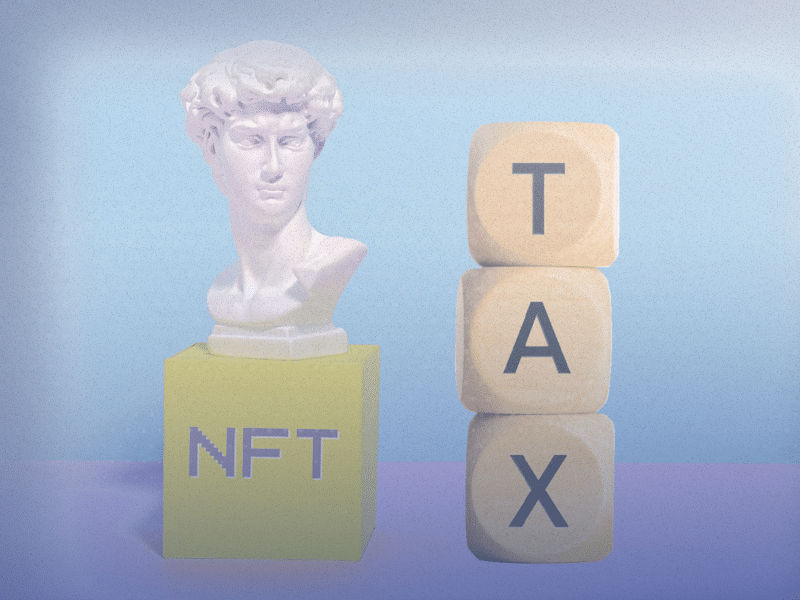The US Internal Revenue Service (IRS) has announced that it is considering final rules surrounding the taxation of non-fungible tokens (NFTs). This news has put NFT holders on edge, as they fear that their digital assets could be taxed like collectibles such as art, fine wine, or stamps. According to the IRS publication, NFTs will be taxed like the underlying assets they denote digital ownership of. Therefore, if an individual buys an Australian Opal NFT from a marketplace like Pixelplex Opalverse, it would be taxed as if they had directly bought the underlying Australian opal. This proposal marks a much-needed clarification after a long period of silence following October’s inclusion of NFTs as a category on IRS tax filing documents.
The IRS intends to determine when an NFT is treated as a collectible by using a ‘look-through analysis’, which means that an NFT is treated as a collectible if the NFT’s associated right or asset falls under the definition of collectible in the tax code. However, there are concerns that this could leave NFT investors exposed to significant taxation in retirement accounts. Section 408(m)(2) of the tax code provides for a specific list of items that constitute collectibles for certain purposes. The acquisition of a collectible by an individual retirement account (IRA) or individually-directed account of a qualified plan is treated as a distribution from the account equal to the cost to the account of the collectible. Generally, collectibles do not have as advantageous capital-gains tax treatment (up to 28%) as other capital assets.
The IRS has opened a public comment process ahead of the expected finalization of NFT tax proposals on June 19. As a result, many in the NFT world are already racing to evaluate their NFT portfolios in light of this news. The announcement of the IRS’s proposal is a reminder that NFTs are still a relatively new asset class and that tax rules surrounding them are still being developed. As such, it is essential for NFT holders to stay up to date with any changes to tax laws that could affect them.
It is worth noting that NFTs are unique digital assets, and their value can be highly volatile. This means that determining the correct tax treatment can be challenging, as the value of an NFT can fluctuate dramatically in a short period. As such, the IRS will need to develop robust tax rules to ensure that NFT holders are taxed appropriately. This process will likely involve consultations with industry experts and stakeholders to ensure that the tax treatment of NFTs is fair and effective.
In conclusion, the IRS’s proposal to treat NFTs as taxable collectibles is a significant development for the NFT world. While it is still unclear what the final rules will be, NFT holders need to be aware that their digital assets may be subject to taxation. The public comment process is an opportunity for NFT holders to provide feedback on the proposal, and it is essential that they do so to ensure that the tax rules are fair and effective. Ultimately, it is up to NFT holders to stay informed about any changes to tax laws that could affect them and to seek professional advice where necessary.





